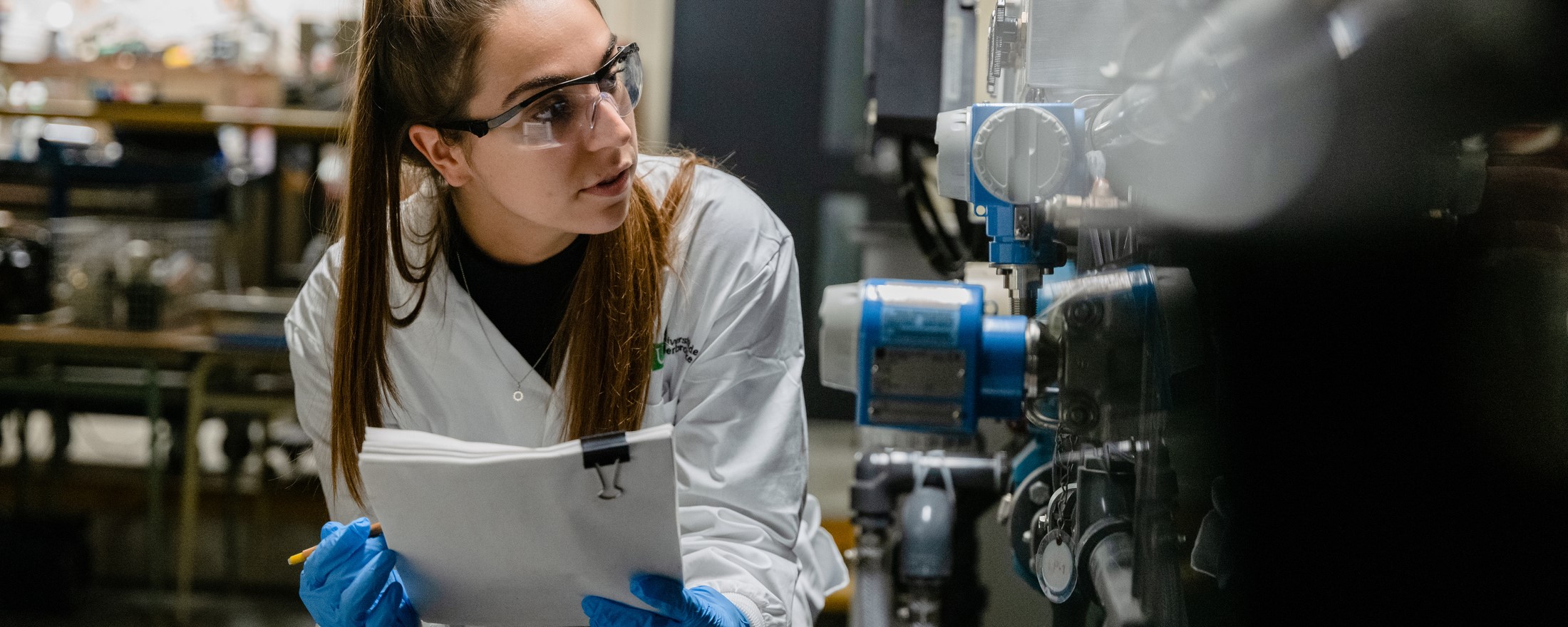Study of optimal system control of greenhouse environmental parameters
Overview
- RESEARCH DIRECTION
- Philippe Micheau, Professeur - Department of Mechanical Engineering
- ADMINISTRATIVE UNIT(S)
-
Faculté de génie
Département de génie mécanique
- LEVEL(S)
- 3e cycle
- LOCATION(S)
- Campus principal
Project Description
Historically, system selection and sizing have been completed before the choice of control design. In the case of a greenhouse, the quality of the indoor climate and the ability of the control system to maintain key parameters within an acceptable range of values have an impact on greenhouse productivity and energy consumption. In order to develop the control strategy in synergy with the sizing, we need to provide, for each candidate sizing, a performance prediction with a realistic optimal control (which respects the constraints and an optimization criterion). Then, for this candidate plant with the candidate optimal control, its robustness in the face of uncertainties and disturbances will have to be assessed. For the greenhouse in question, we'll need to establish the mathematical structure of the state model (its order equal to the number of energy stores) and its operating constraints (minimum and maximum values for variables and parameters). Thus, we'll need to specify the characteristics of measured variables (Process Variable), controlled variables (Control Variable), state variables (associated with energy stores) and external disturbances (associated with weather); in addition, we'll need to specify parametric uncertainties (greenhouse loading, thermal insulation, system efficiency...). From this nominal state model, numerical tools will be used to synthesize N optimal controls obtained by varying the weighting settings of the objective criterion and the controller structure. In order to assess the robustness of each synthesized control, Monte-Carlo type studies will be carried out for deviation scenarios from the nominal design. Each scenario will require K random draws on uncertain parameters. NxK numerical simulations will therefore have to be carried out for each proposed nominal design. Ultimately, the N candidate controllers will be ranked according to a robust performance criterion, in order to select the most suitable strategy. The score of the best controller will be a key piece of information for component sizing, enabling its optimization. The originality of the proposed global method is to synthesize the control law in synergy with component sizing. Adaptive control, machine learning or deep learning will be also considered to adapt the controller of time-varying parameters and uncertainties. The selected control will be reduced to an implementable form (using a model reduction procedure) in order to propose an acceptable controller on an affordable computing platform (a PC, or a Raspberry Pi-type nanocomputer) and deployable in a real greenhouse. Indeed, Matlab (or Simulink) code can be deployed "stand-alone" (without the need for a Matlab license) on a real-time platform using a rapid prototyping procedure (thanks to a dedicated toolbox).
Discipline(s) by sector
Sciences naturelles et génie
Génie mécanique
Funding offered
Yes
Partner(s)
Mitacs, Serres St-Élie, Gobeil Dion & Associés inc.
The last update was on 12 March 2024. The University reserves the right to modify its projects without notice.
